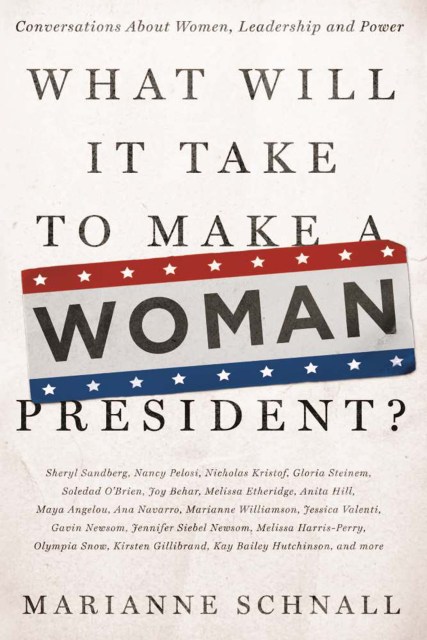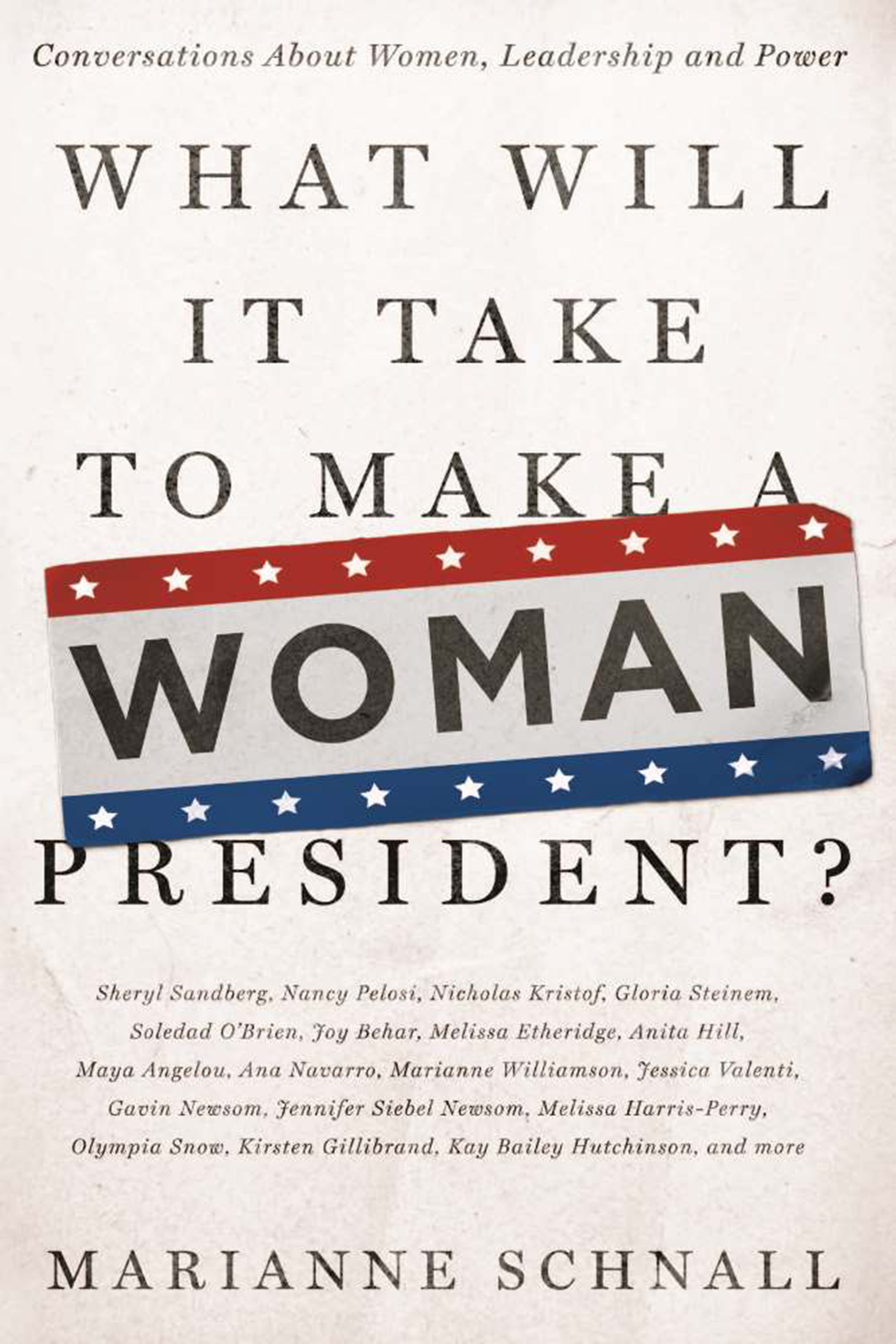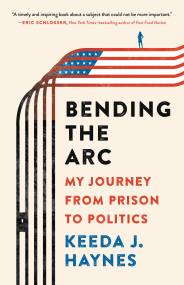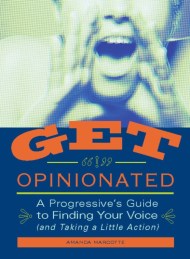By clicking “Accept,” you agree to the use of cookies and similar technologies on your device as set forth in our Cookie Policy and our Privacy Policy. Please note that certain cookies are essential for this website to function properly and do not require user consent to be deployed.
What Will It Take to Make A Woman President?
Conversations About Women, Leadership and Power
Contributors
Formats and Prices
- On Sale
- Nov 5, 2013
- Page Count
- 256 pages
- Publisher
- Seal Press
- ISBN-13
- 9781580054973
Price
$10.99Price
$13.99 CADFormat
Format:
- ebook $10.99 $13.99 CAD
- Trade Paperback $17.00 $22.00 CAD
This item is a preorder. Your payment method will be charged immediately, and the product is expected to ship on or around November 5, 2013. This date is subject to change due to shipping delays beyond our control.
Buy from Other Retailers:
"I would love for my younger fans to read What Will It Take to Make a Woman President? by Marianne Schnall. It's a collection of interviews and essays by great women, including Maya Angelou, Gloria Steinem, and Melissa Etheridge. They will inspire you to become a better leader." —Beyoncé
Prompted by a question from her eight-year-old daughter during the 2008 election of Barack Obama, "Why haven't we ever had a woman president?", Marianne Schnall set out on a journey to find the answer. A widely published writer, author, and interviewer, and the Executive Director of Feminist.com, Schnall began looking at the issues from various angles and perspectives, gathering viewpoints from influential people from all sectors.
What Will It Take to Make A Woman President? features interviews with politicians, public officials, thought leaders, writers, artists, and activists in an attempt to discover the obstacles that have held women back and what needs to change in order to elect a woman into the White House. With insights and personal anecdotes from Sheryl Sandberg, Maya Angelou, Gloria Steinem, Nancy Pelosi, Nicholas Kristof, Melissa Etheridge, and many more, this book addresses timely, provocative issues involving women, politics, and power.
With a broader goal of encouraging women and girls to be leaders in their lives, their communities, and the larger world, Schnall and her interviewees explore the changing paradigms occurring in politics and in our culture with the hope of moving toward meaningful and effective solutions, and a world where a woman can be president.
Newsletter Signup
By clicking ‘Sign Up,’ I acknowledge that I have read and agree to Hachette Book Group’s Privacy Policy and Terms of Use




